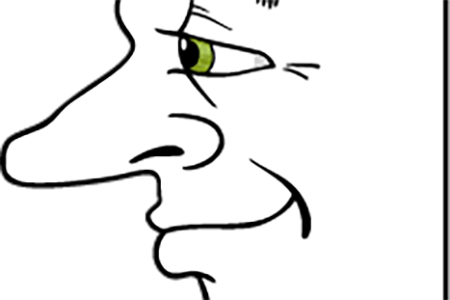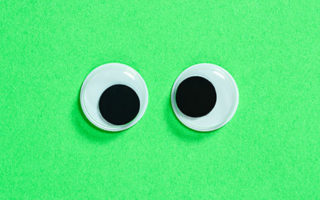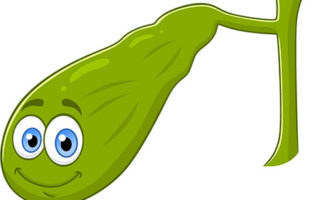 We generally associate our noses with the sense of smell, but our noses do a whole lot more than just sniffing and smelling. Besides adorning your face and holding up a pair of glasses, your nose plays some other very important roles.
We generally associate our noses with the sense of smell, but our noses do a whole lot more than just sniffing and smelling. Besides adorning your face and holding up a pair of glasses, your nose plays some other very important roles.
One of the things your nose helps with is filtration. Inside your nose are lots and lots of small hairs. When you breathe in, the air rushes past all of those little hairs which filter out foreign particles, such as dust. Blow your nose after being out in the dust, and you’ll see how well your filtration system has been working.
Your lungs are sensitive to cold air, and there are delicate tissues in the respiratory system that could dry out if it wasn’t for your nose. As air passes through the nose, or nasal cavity, it is warmed up and also humidified so that the moisture content is higher and the tissues do not dry out. Aren’t you glad you don’t have to make any calculations on this activity?
Your nose also, of course, helps you with smelling. As the air you breathe travels through your naval cavity the air passes by receptor cells called olfactory receptor neurons. These receptors detect the scent and transmit it to the olfactory bulbs. These “bulbs” have sensory receptors, which are a part of the brain. They send the information to the part of the brain which perceives the different smells and odors. You get to decide if it’s a good smell or a bad smell. After all, your nose knows.
Fun Fact: Did you know that some people are trained to be “Noses”? They are educated and trained for many years on different scents and the combination of different scents. These Noses are hired to develop new perfumes. To protect their delicate sense of smell, Noses drink no alcohol, eat no spicy foods and they don’t smoke. They can work for about 4 hours a day before their olfactories declare time out. There are about 7 Noses in the world right now. Who knew? But this we do know, that we are fearfully and wonderfully made.
-By Steven McFie



